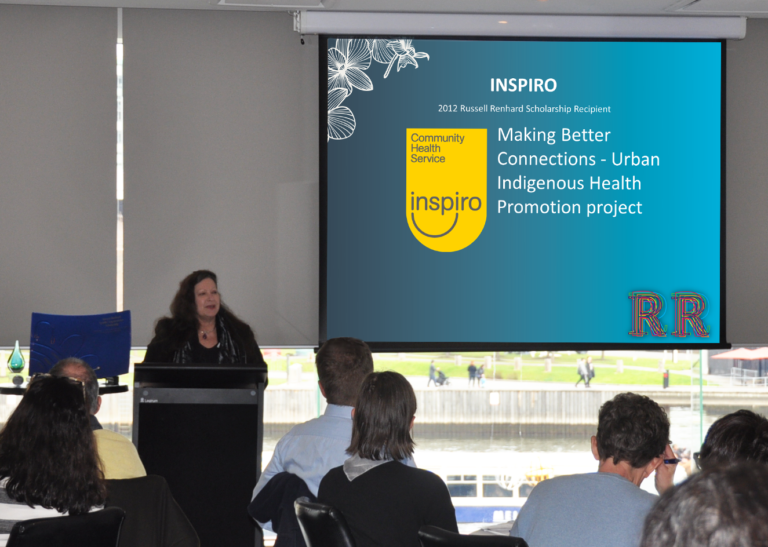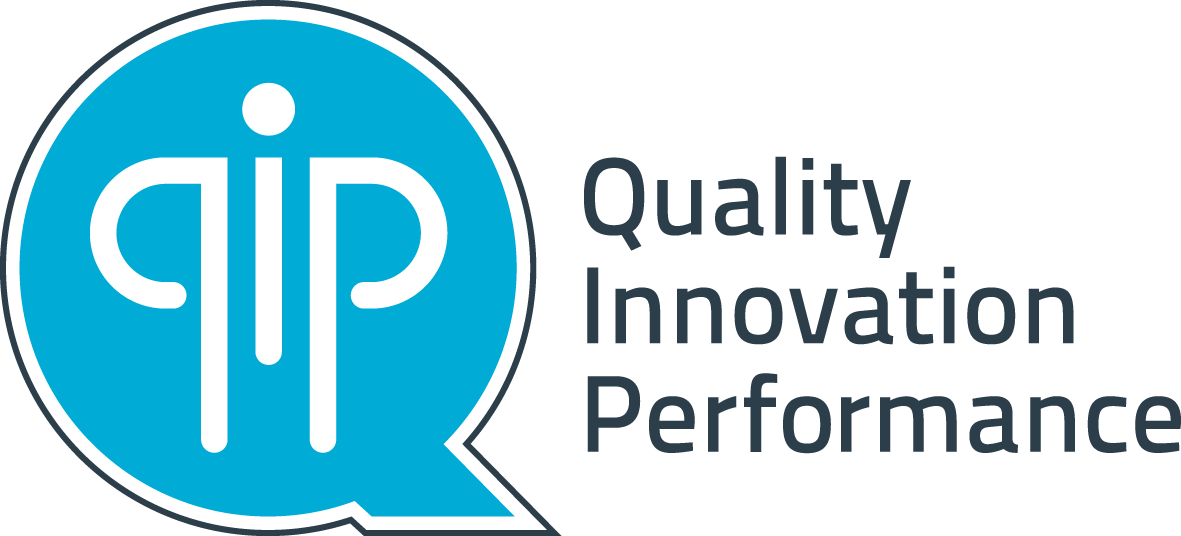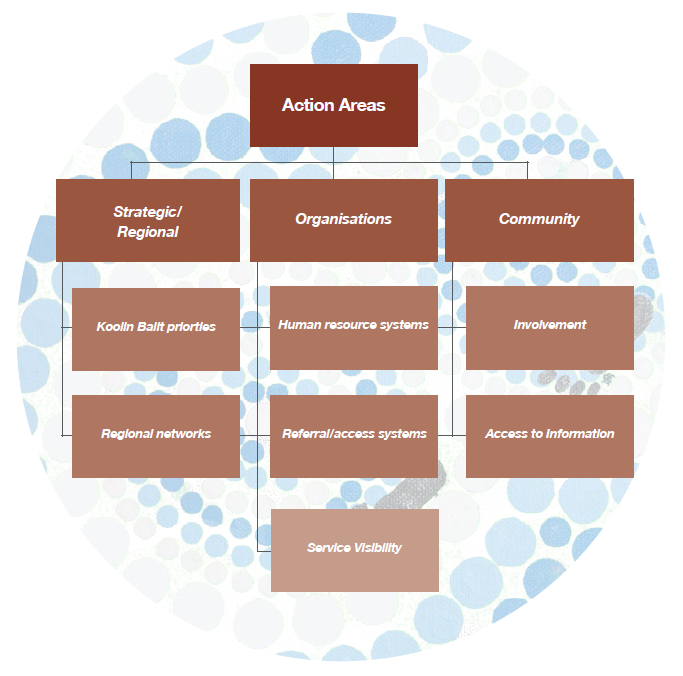Organisations in Focus
Inspiro – Urban Indigenous Health Promotion

Inspiro Community Health Service was awarded the inaugural QIP Russell Renhard Scholarship in 2012 for their project Making Better Connections – Urban Indigenous Health Promotion: Improving Referral Pathways in the Outer East.
Located on the ancestral lands of the Wurundjeri peoples, Inspiro is a not-for-profit community health service dedicated to providing health, wellbeing and dental services to the Yarra Ranges community in Victoria. Key services sites are situated at Lilydale and Tecoma, while a new redevelopment will provide expanded services at Belgrave.
Making Better Connections
Inspiro’s Making Better Connections project was developed in response to a request from the local Aboriginal Controlled Community Organisation, Healesville Indigenous Services Community Organisation (HICSA). The overall goal of the Making Better Connections project was to improve access to culturally responsive health services and contribute to better health outcomes for Aboriginal and Torres Strait Islander community members in the Outer East Melbourne area of Healesville and surrounds. The Department of Health and Human Services divides the state of Victoria into seven regions with Healesville and surrounds belonging to the Eastern Metropolitan Region.
The project had two main aims: to translate the theory and principle of cultural respect into practice which supports improved access to local health services; and, to improve culturally appropriate referral systems for Aboriginal residents from Healesville and the surrounding areas.
Project development, implementation, evaluation and reporting were constructed to reflect local Aboriginal cultural values and revolved around four essential project design elements: foundational core cultural values of respect, caring and sharing, a participatory action research methodology modified to incorporate dadirri principles and a systems approach to service improvement.
Achievements
The Making Better Connections project has achieved a range of outcomes both intended and unintended. Activities and dialogue connected to the project have also contributed to other projects underway in the Eastern region. The current project has influenced thinking at the strategic level, raised options for project collaboration at the regional level, and contributed to a range of outcomes for the local community.
The research identified a range of activities that could be implemented to improve access to services for local Aboriginal community members, varying from local to regional environments.
Key project achievements encompassed:
- Responsiveness
- Importance of Place
- Translating Cultural Respect
- Improved Pathways
- Information Access
- Resource Tensions
- Local Service Communication
NOTE: For specific details regarding each achievements, download the full Making Better Connections project report.
Opportunities for action
In addition to these achievements, there were three tiers identified, highlighting opportunities for action to be taken to improve access to local and regional health service for local Aboriginal and Torres Strait Islander community members in Healesville and surrounds.
One area of particular mention, was the identification of need for sustained and cohesive efforts to both improve and embed cultural competence at organisational and practitioner levels. Translating the theory of cultural respect into effective practice implies, and requires, cultural competence. To be effective and visible, cultural competence needs to be embedded in the organisations providing service to local community.
While the Closing the Health Gap initiative contributed to a range of positive changes, there remains a need for organisations to systemically embed cultural competence.
The Eastern Region has made significant steps forward in building organisational cultural capacity.
Click here to view each action and proposed recommendations in the project report and to gain an in-depth understanding into the importance of the need for local, co-located, integrated, Aboriginal community controlled service delivery and the need for sustained and cohesive efforts to both improve and embed cultural competence at organisational and practitioner levels. Since the provision of these recommendations, Aboriginal and Torres Strait Islander community members of the Outer East Melbourne area of Healesville and surrounds have seen further improvements to the access of culturally responsive health services and contribute to better health outcomes. These improvements have specifically resulted from:
- Strong leadership and advocacy from the HICSA Board and management supported by Inspiro and Yarra Ranges Council to State government
- A commitment to dadirri and a participatory action research approach
- Increased recognition of the need to understand and incorporate Indigenous Ways of Knowing Being and Doing.
- The involvement of Traditional custodians in the early project and subsequent activities
- Regional leadership and partnering via key networks
- Increased operational attention to embedding cultural safety in organisations
- Commitment to, and investment by local and regional organisations into the Integrated Service Delivery Hub project
- Expansion of services available from HICSA, including outreach services from other providers
- Increased communication between HICSA, Eastern Health and HICCI
- Joint planning of specific community events by HICSA and Eastern Health
- Investment of DHHS and philanthropic funding into HICSA programming
- The release and circulation of The Urban Indigenous Community report where findings from the Making Better connections report were used to inform the development of a Cultural Evaluation Framework
- The development of draft standards for use by Aboriginal community organisations to assist their colleagues in improving culturally safe service delivery.
Download the full project report Making Better Connections Urban Aboriginal Health Promotion: Improving referral pathways in the Outer East (May 2015), or for further details relating to Inspiro’s Making Better Connections Project please contact Inspiro. While the project time period has lapsed, the research, learnings and outcomes are still resulting in positive outcomes.
QIP would like to congratulate Inspiro on the exceptional undertaking of their initiative and look forward to hearing of future updates and are honoured to have been able to contribute in a small way to the implementation of this work. Noting that this project was only made possible with immense team effort and community collaboration as numerous stakeholders were involved, with a special recognition to Barb Dobson, Inspiro’s Project Manager and Aboriginal Health Promotion Officer.



